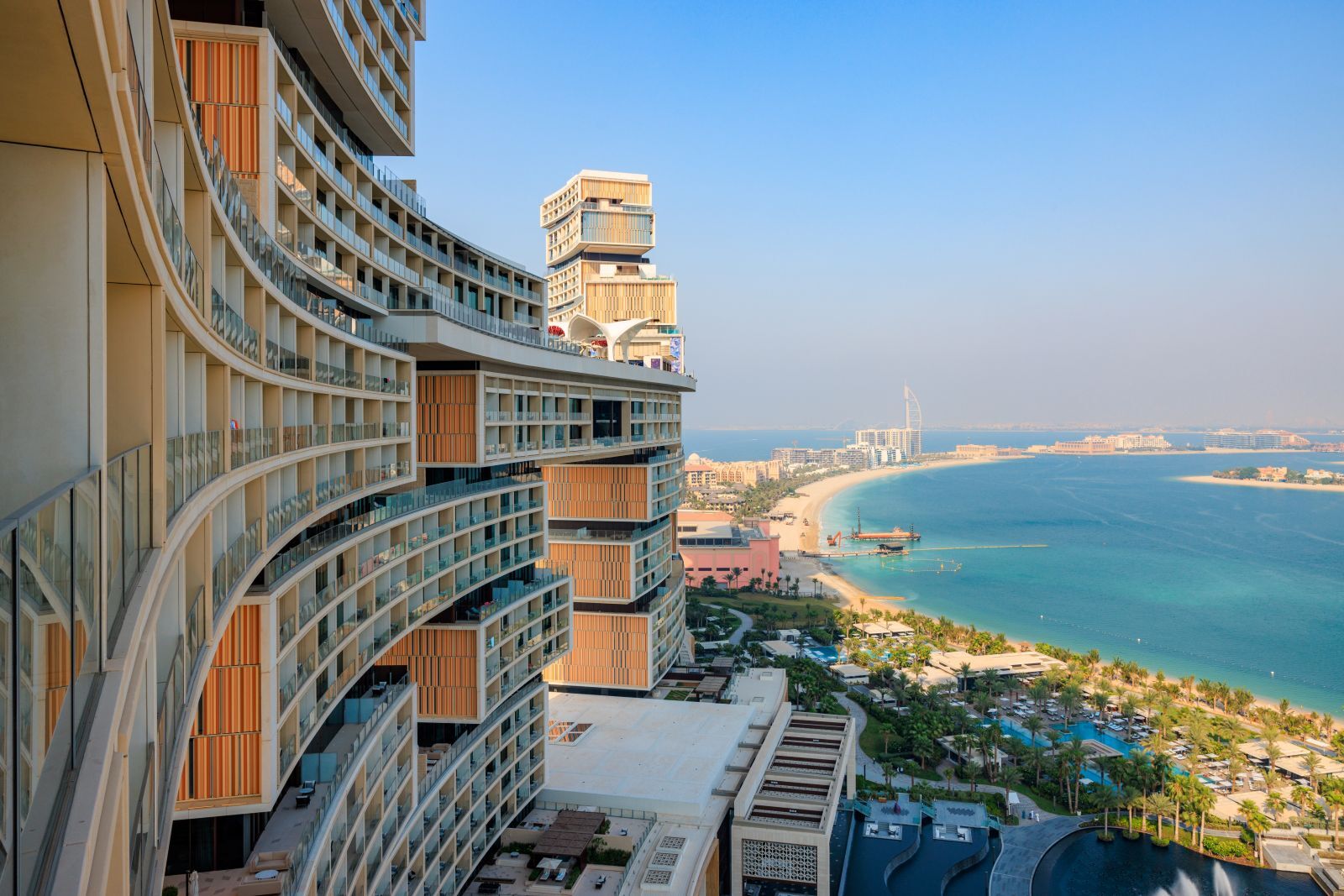The Millionaire Migration: UAE Welcomes HNWIs In Record Numbers
Published: 10 February 2025
The warm climes of Dubai have a magnetic pull on foreign nationals. With Emiratis accounting for only 12 per cent of the population, it is a city of migrants. Competitively low rates of tax have long been a major pull factor, especially for High Net Worth Individuals (HNWIs). However, data suggests that more millionaires than ever are now leaving the UK in favour of the UAE.
According to the Henley & Partners Private Wealth Report 2024, the UAE welcomed around 6,700 millionaires in total last year. This figure makes the UAE the highest-performing country for millionaire inflow in 2024. The next nearest country is the USA – with just 3,800.
.jpg?width=1000&height=683&name=unnamed%20(45).jpg)
The Great British Exodus
While it’s a nation known for its stoicism, the British “stiff upper lip” may be softening. Second only to China, the same report estimates that 9,500 millionaires left the UK last year. Considering that the highest-earning one per cent of its citizens pay 30 per cent of all income in tax revenues, this makes for concerning reading for the British government. Furthermore, the data shows that many of these HNWIs arrived on the sunnier and more tax-efficient shores of the UAE.
Underpinned by time zone advantages and a long-established banking system, the UK remains a global leader in trading and finance. Paired with educational and lifestyle benefits, it has historically enjoyed a reputation as an ideal country to live and work in. However, against a backdrop of sluggish economic recovery, a weakened pound, and four Prime Ministers within the last three years, proposed legislation would now scrap the “nondomicile” tax status. This categorisation currently allows foreign national residents to pay tax only on capital earned in the country.
In the UK’s last national budget announcement, it was also revealed that employers’ National Insurance will increase from 13.8 per cent to 15 per cent – making it more expensive to hire personnel. As such, British businesses are increasingly looking to outsource work overseas. Meanwhile, Business Asset Disposal Relief (BADR) has been dramatically reduced. Entrepreneurs were previously required to pay only 10% capital gains tax on exit value up to £10M. This cap was reduced in 2020 to just £1M. The tax rate will also increase from 10 per cent to 14 per cent this year.
Of the almost 10,000 millionaires who left the UK last year, relocation destinations highlight a degree of intent. Tax havens such as Dubai and Singapore are increasingly drawing numbers. However, Britons are also opting for European destinations. Nearby cities like Paris and Amsterdam are joined by Mediterranean suntraps including Malta, the Algarve, and the Italian Riviera. Australia remains a tempting option, with Sydney also featuring on the list.
Soaring Dubai Property Prices
Inward wealth migration is one of several factors pushing up property prices in Dubai, which look to have increased by around one-fifth last year. According to a Reidin report, the city’s all-residential property price index increased by 19.5 per cent year-on-year in November 2024.
Property platforms and real estate brokers report higher spikes in certain neighbourhoods and at specific price points. For instance, Bayut found that homes in Arabian Ranches listed with a 55.9 per cent year-on-year increase in price per square metre. Other communities with high price-per-square-metre increases include Dubai South (54.7 per cent), Jumeirah Village Circle (54.1 per cent) and Dubai Hills (48.1 per cent).
Abu Dhabi is also enjoying millionaire inflow and increasing property prices. The UAE’s second city, businesses are working in conjunction with the government to tempt more HNWIs into relocating their lives, families, and businesses. However, the UAE is just one of several Gulf Corporation Countries investing heavily in technology, services and infrastructure to attract foreign interest. The Kingdom of Saudi Arabia, for example, is spearheading several billion-dollar megaprojects to create future-proof cities and place the country firmly ahead of the development curve.
Global Wealth Migration
According to the Global Wealth Report, 128,000 millionaires moved country in 2024 compared with just 57,000 a decade earlier in 2014. Interestingly, there has only been a 5.4 per cent increase since 2023, versus a 6.6 per cent increase when comparing 2023 with 2022. However, with just 12,000 in 2020, this and subsequent figures are skewed by the global pandemic starting the same year.
Henley & Partners’ figures are projections based on data collected up until June 2024. However, their robust definition of a millionaire as an individual with liquid investable capital of $1M or more goes some way to illustrate the sheer scale of wealth migration.
In the digital age, most valuable assets are portable. This level of agility too promotes the trend of millionaire migration. However, London is also losing market share to Dubai in traditional industries. According to the Dubai Multi Commodities Centre (DMCC), $129B of gold flowed through Dubai in 2024 – a 36 per increase on the previous year. As such, Dubai has overtaken the UK capital as the second-largest global gold hub.
Tax efficiency clearly plays a leading role in decisions around emigrating. While Britain has a high rate of tax, its citizens enjoy three times the global average salary. Comparatively, the US also has a high tax rate but has five times the average global salary. Beyond, however, Gulf countries with low taxes and lucrative opportunities are increasingly drawing international attention from HNWIs. Ultimately, highly talented individuals will always be drawn to countries with a landscape of technology, investment, and innovation.



